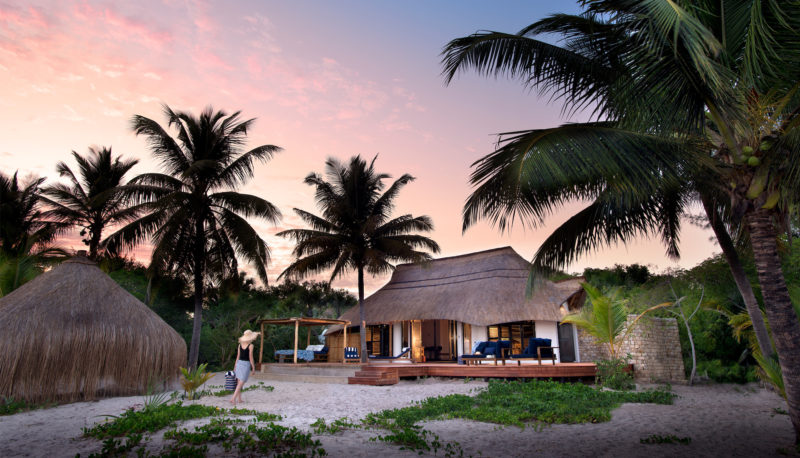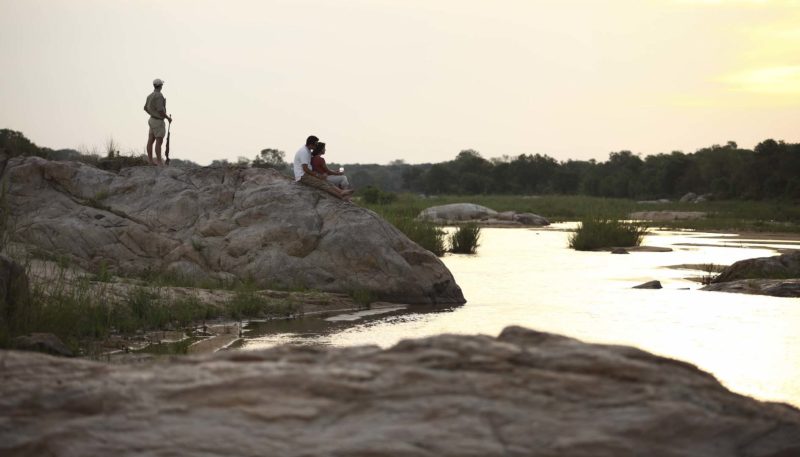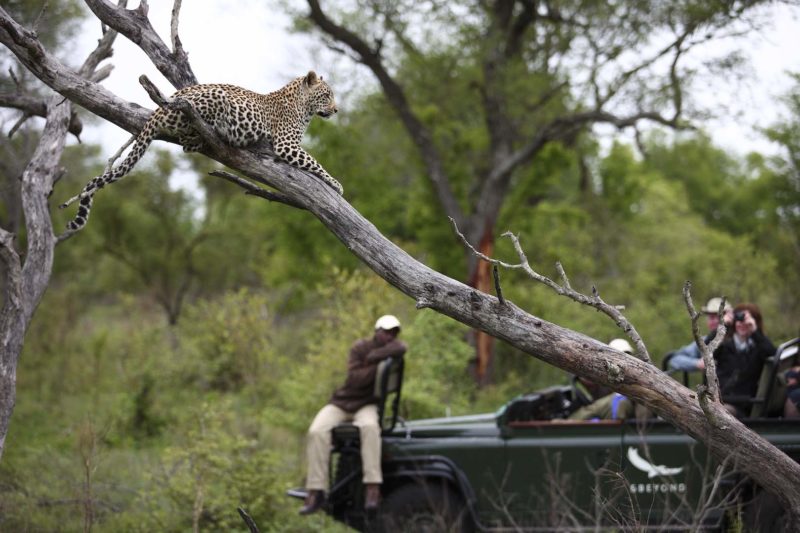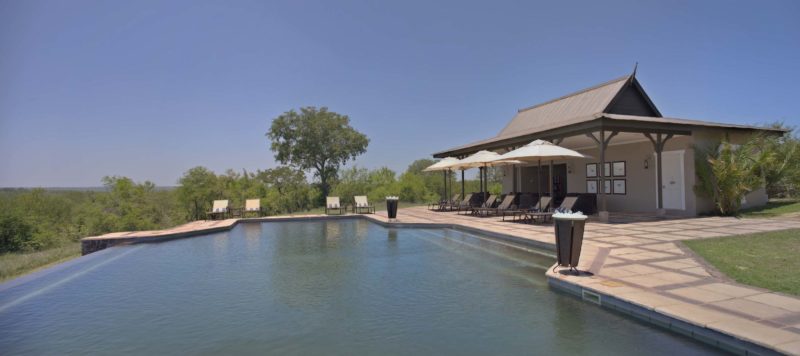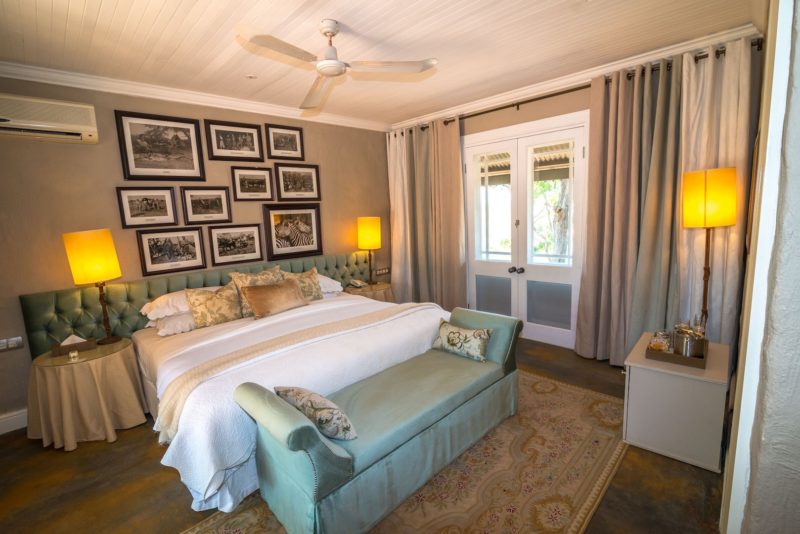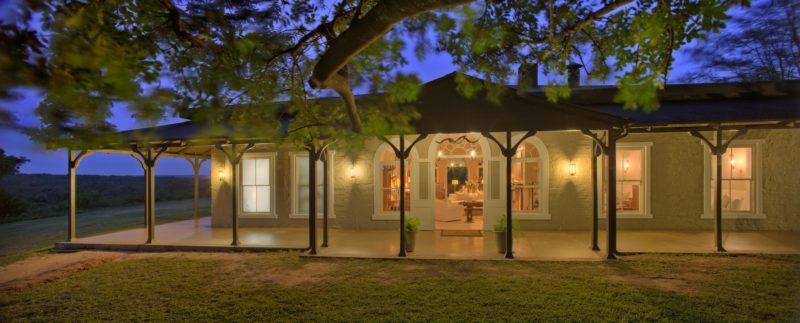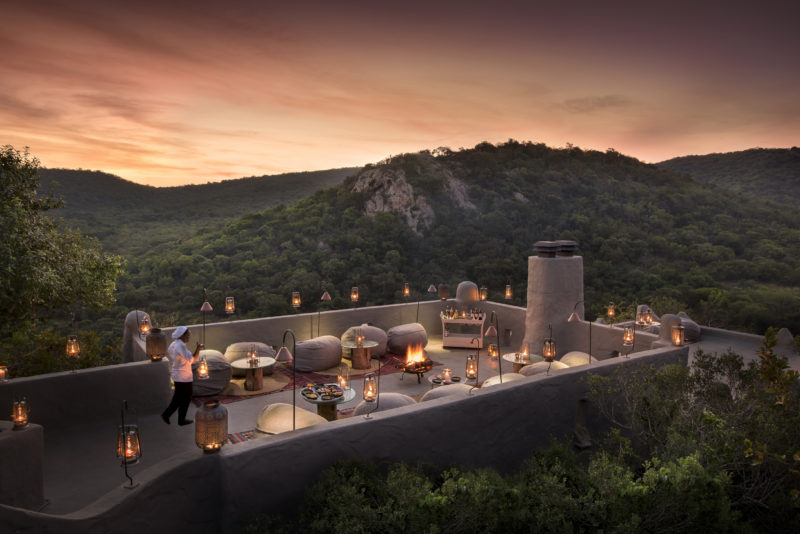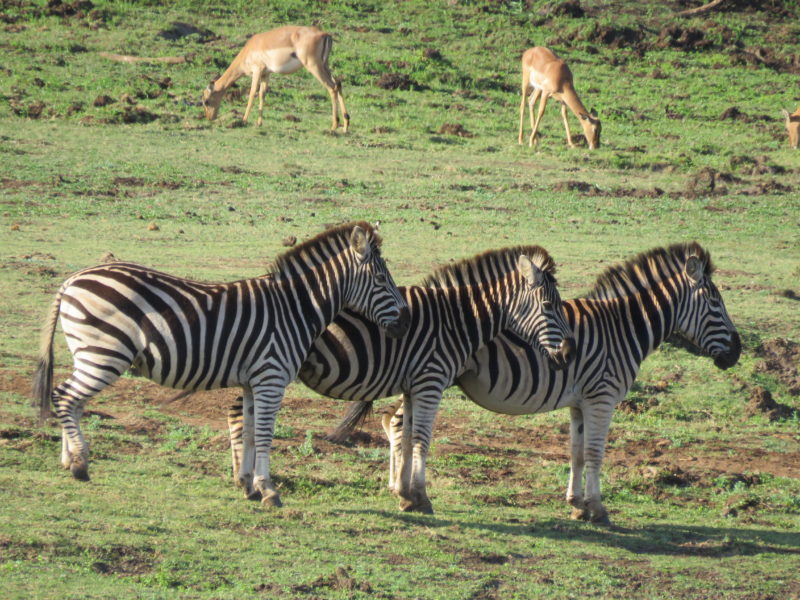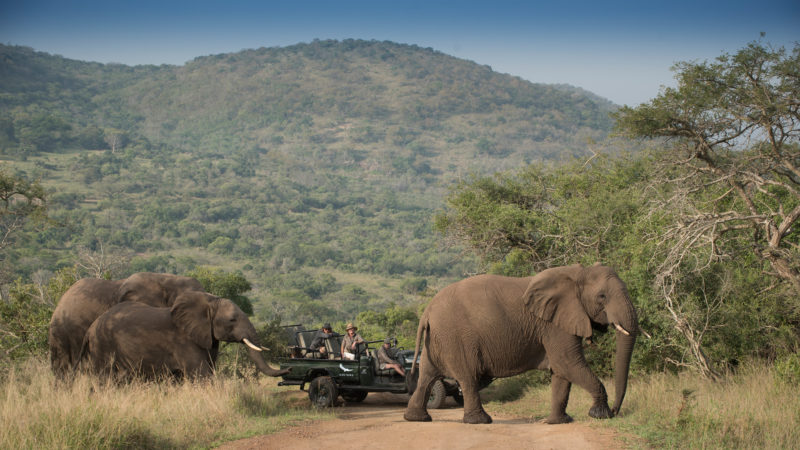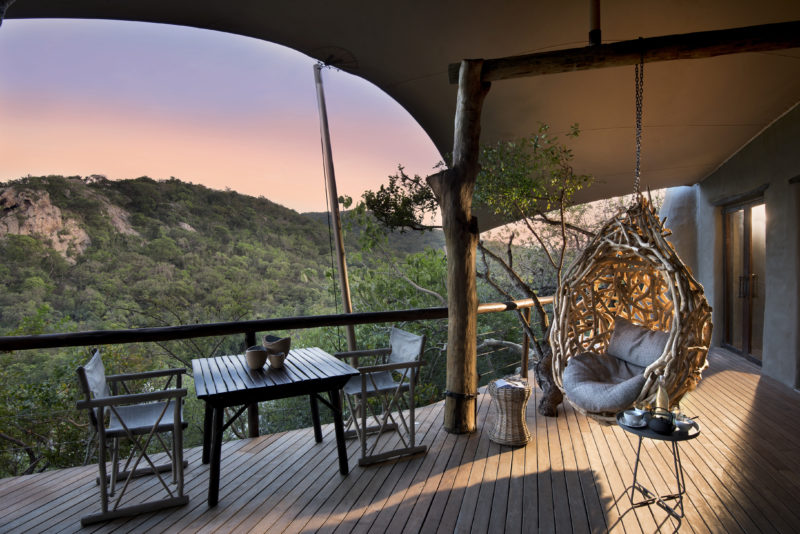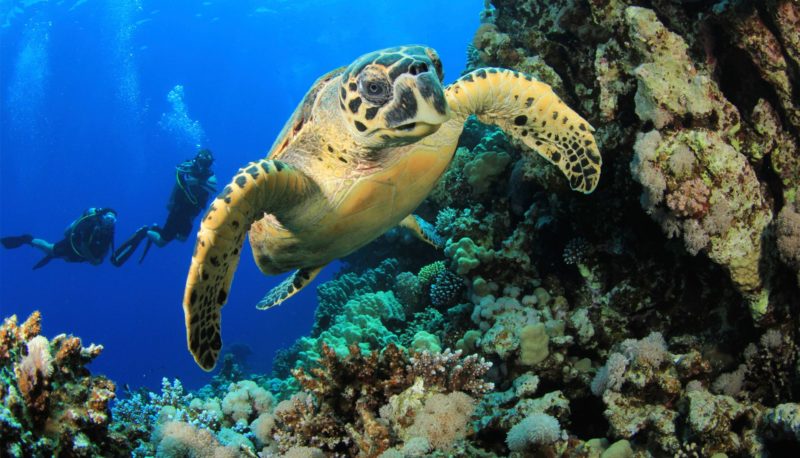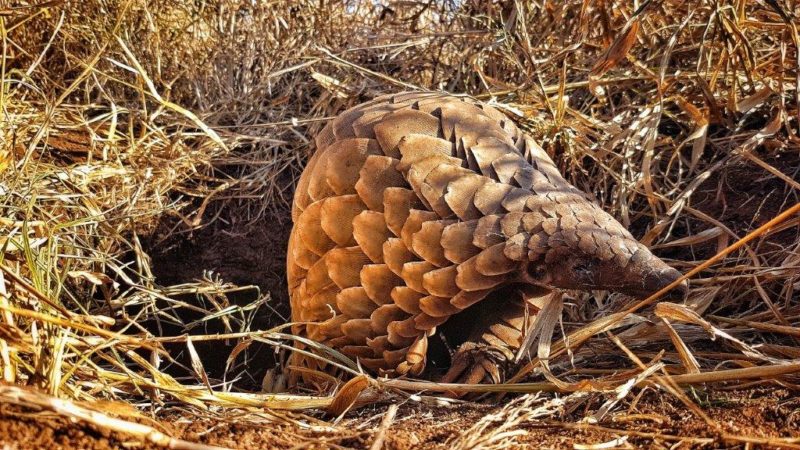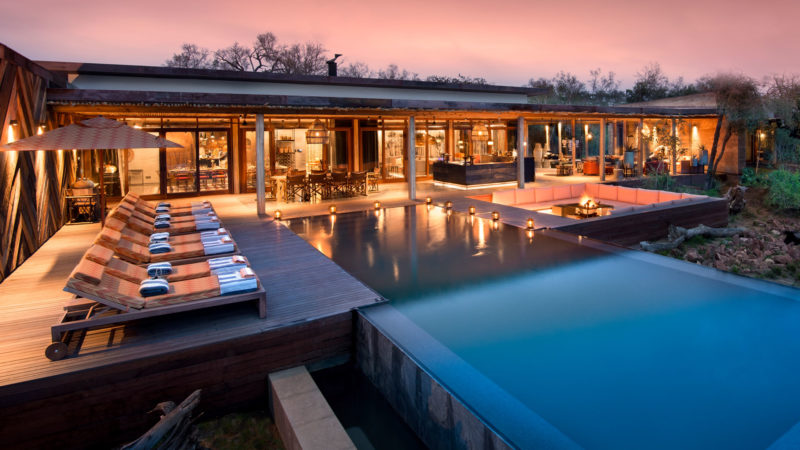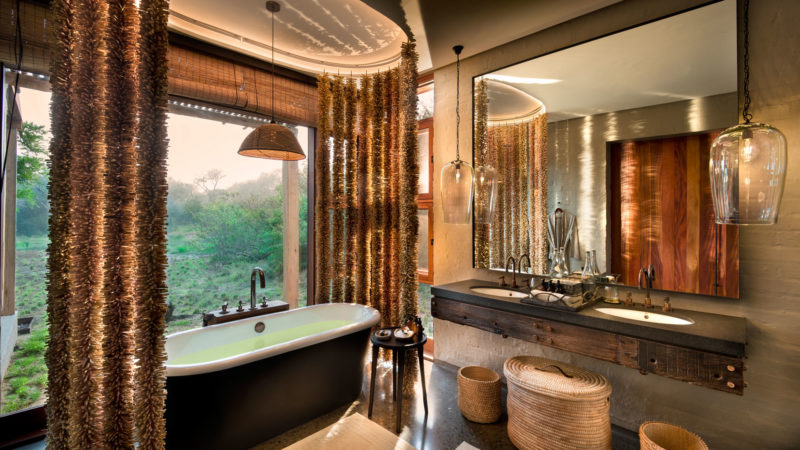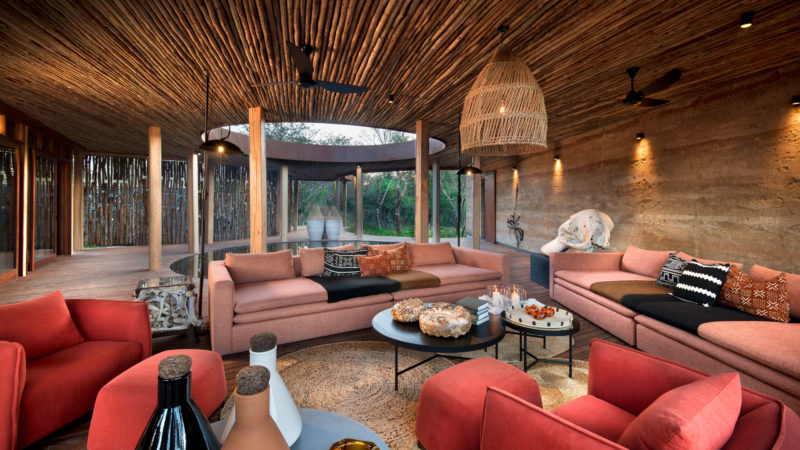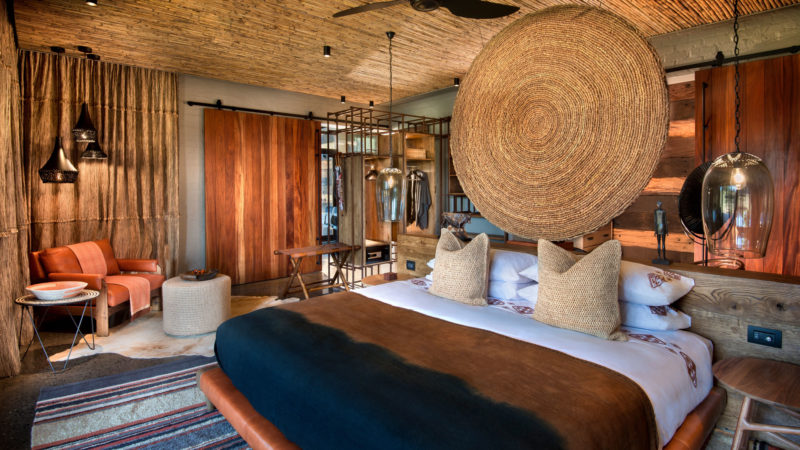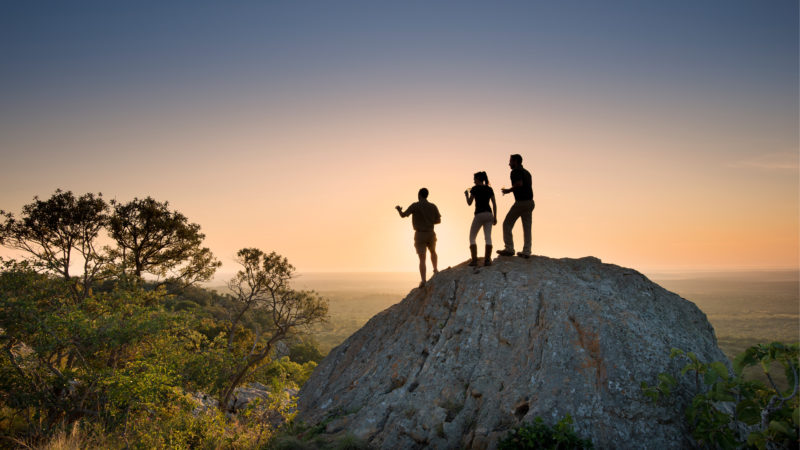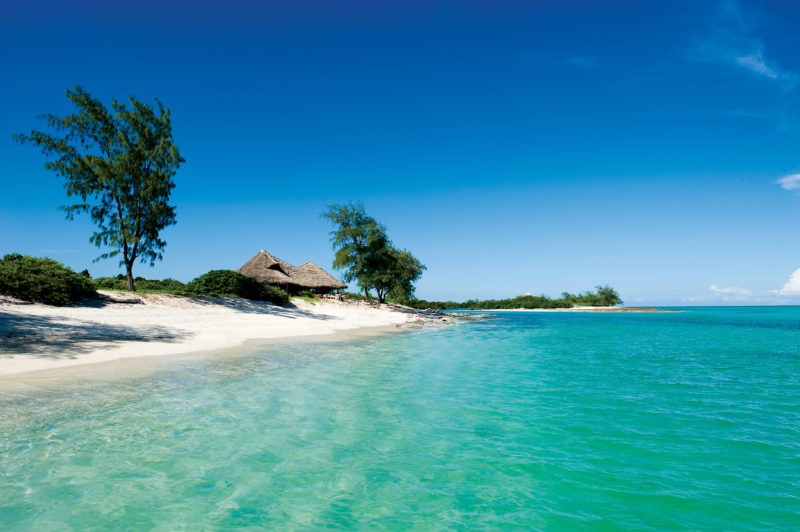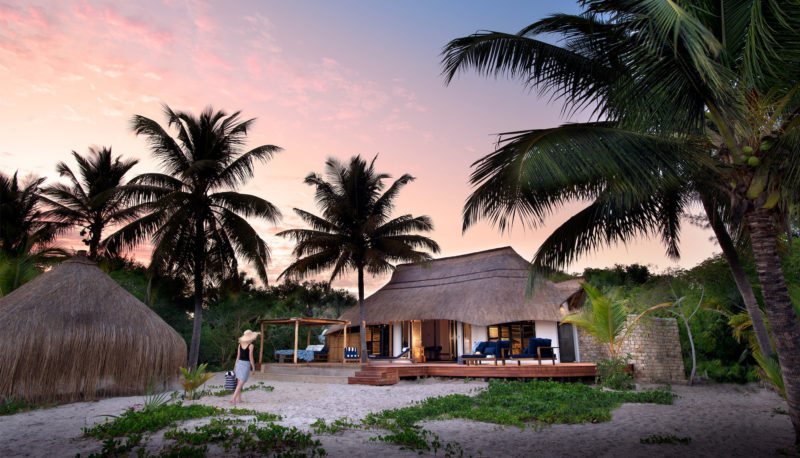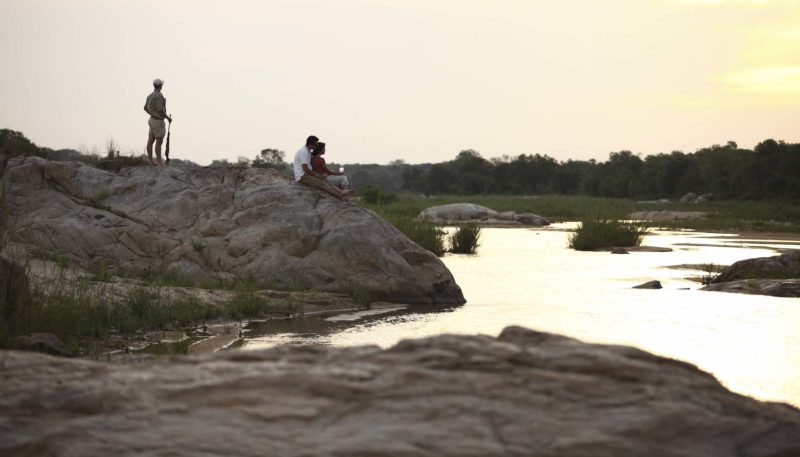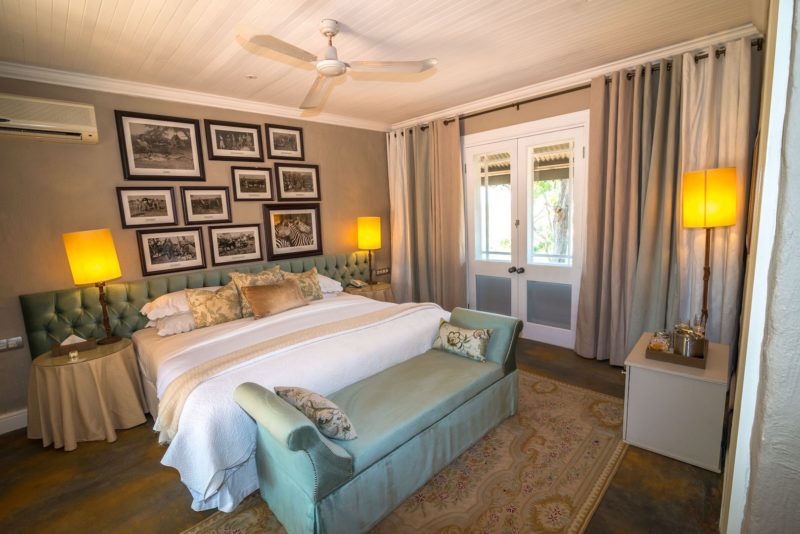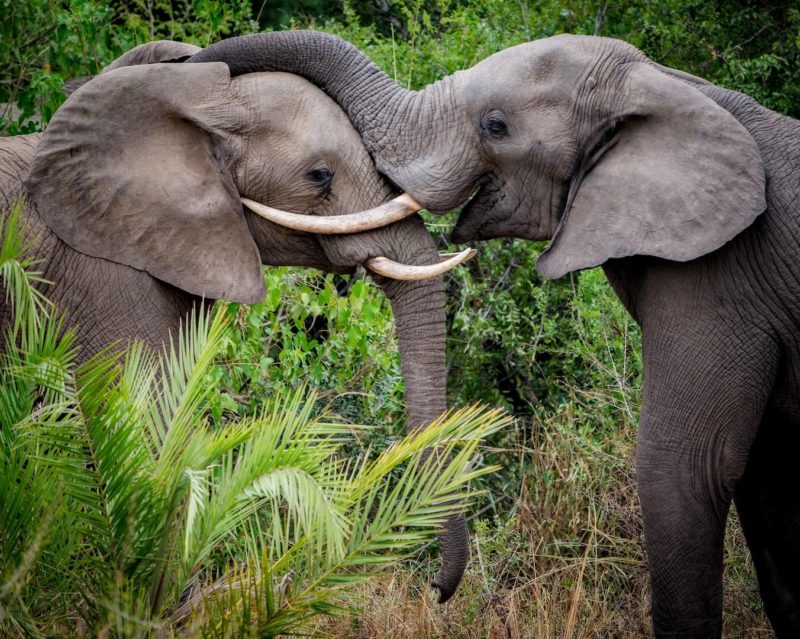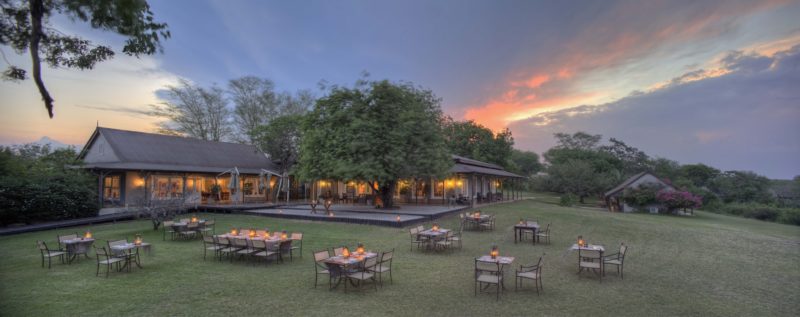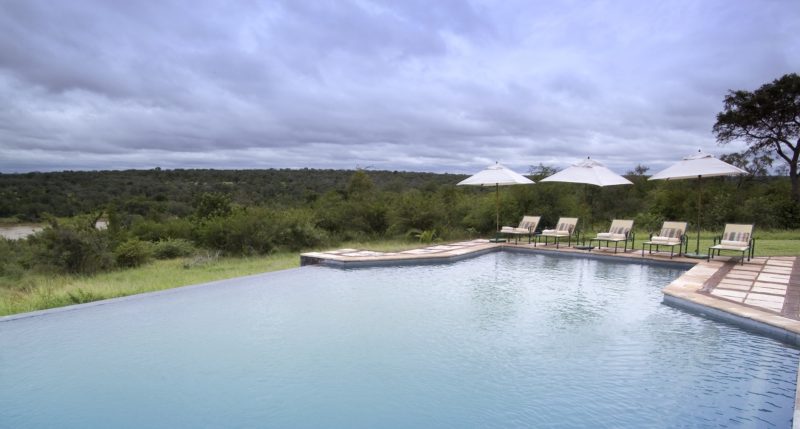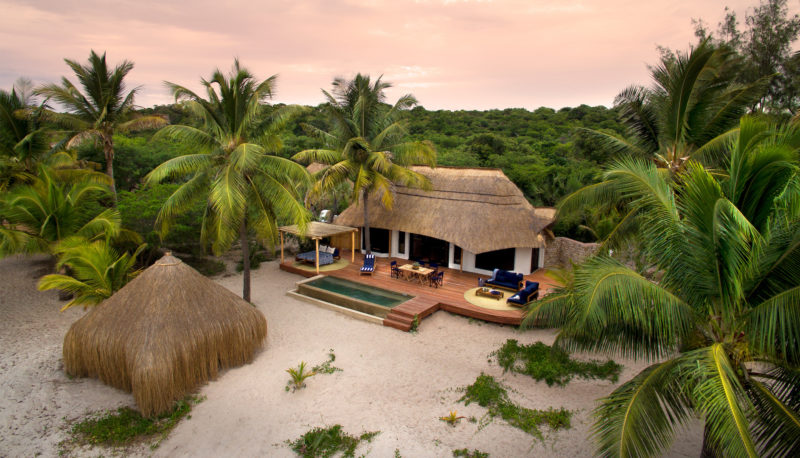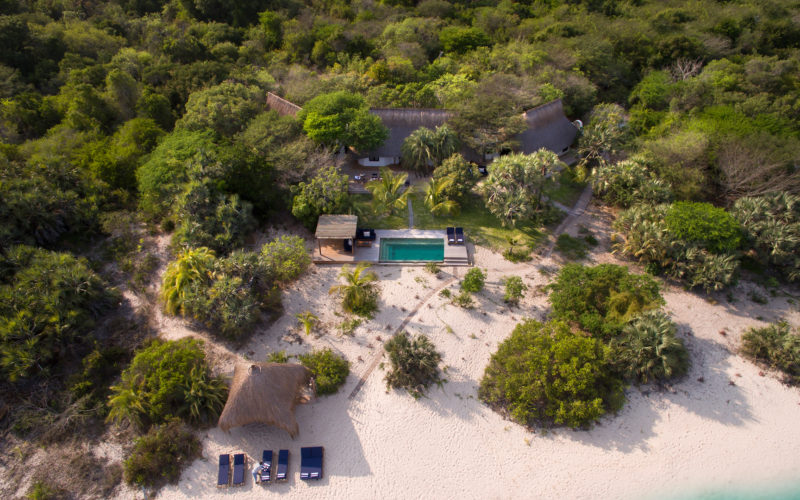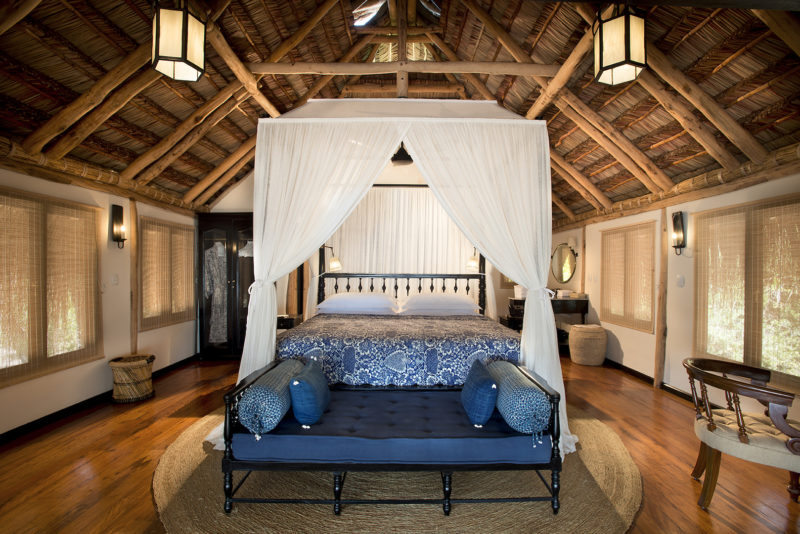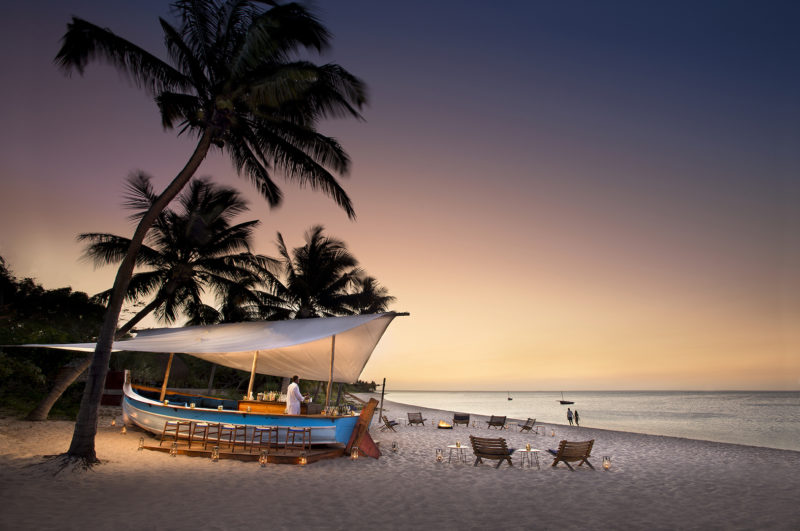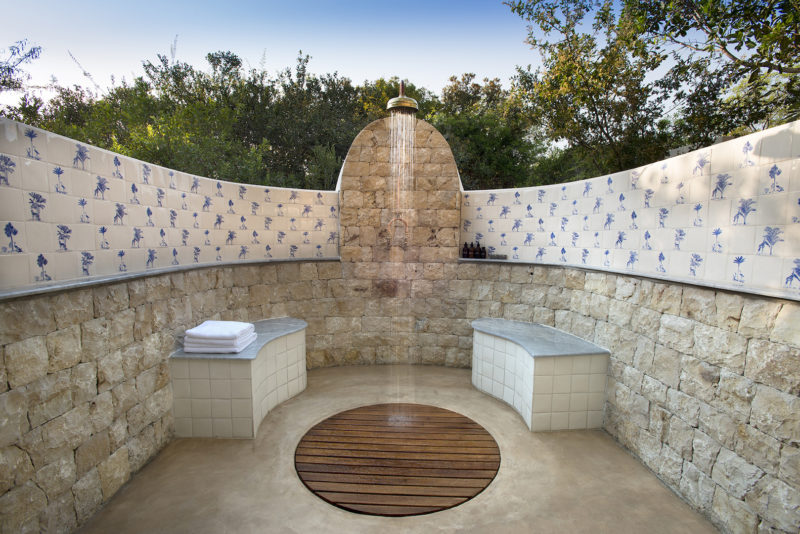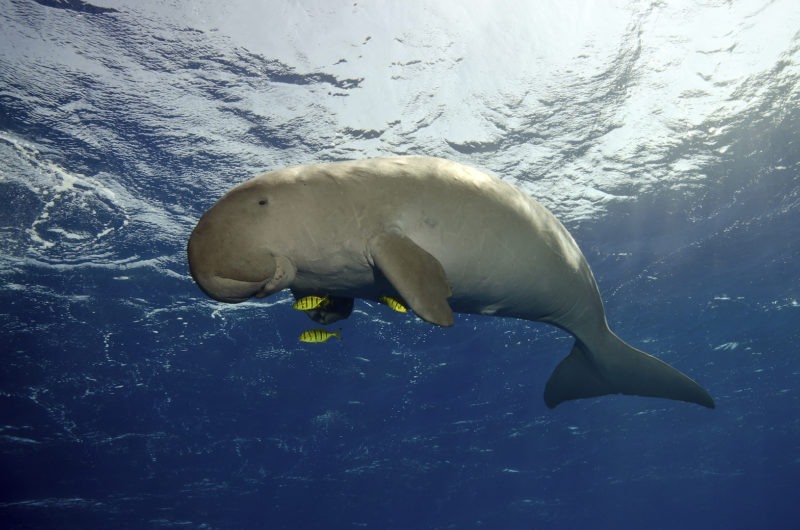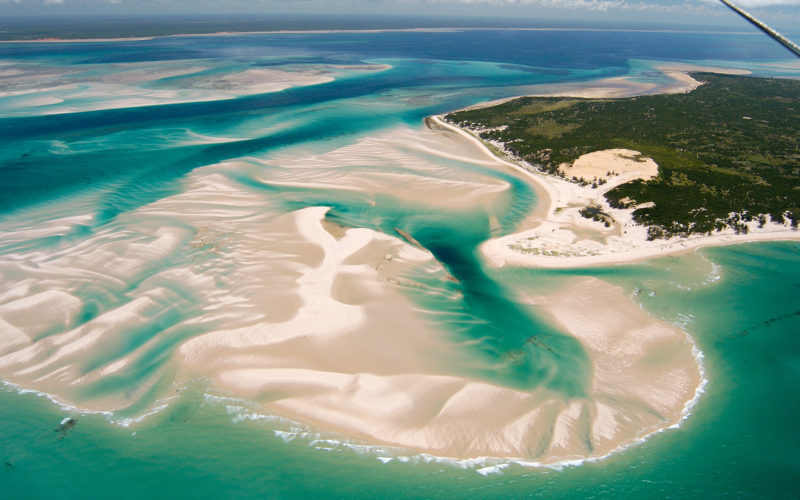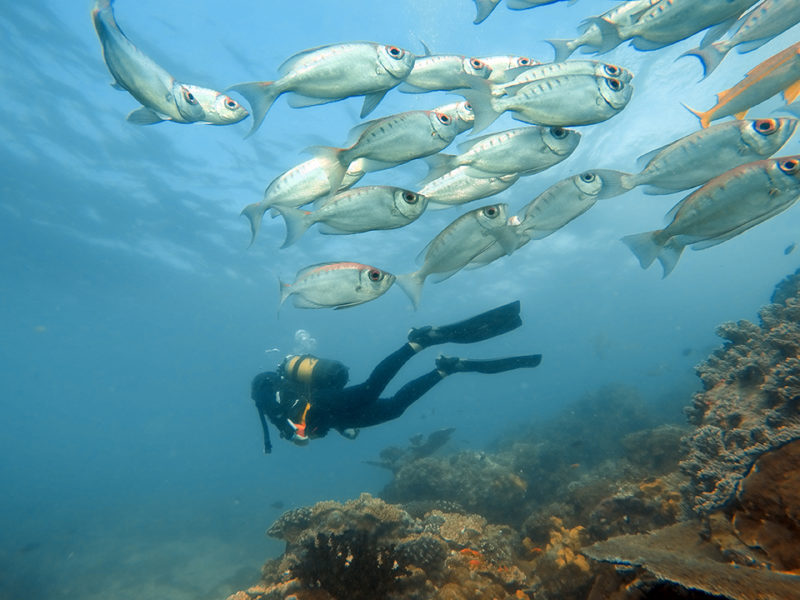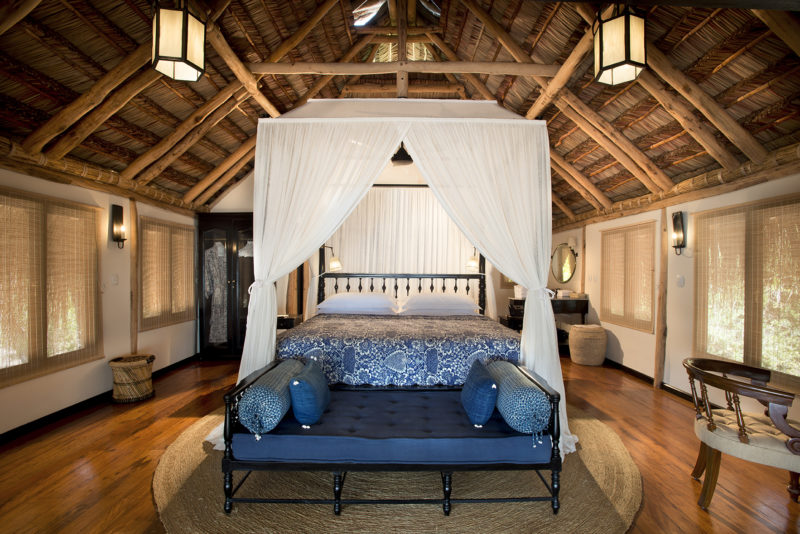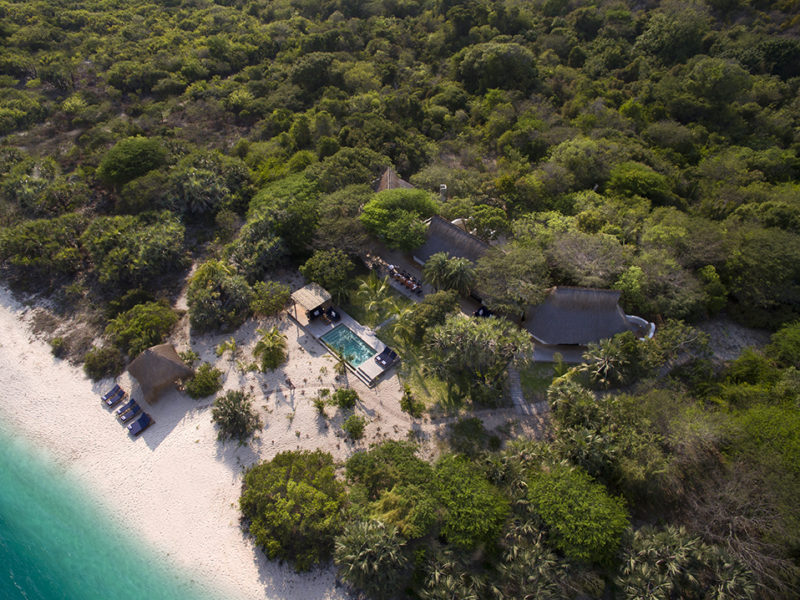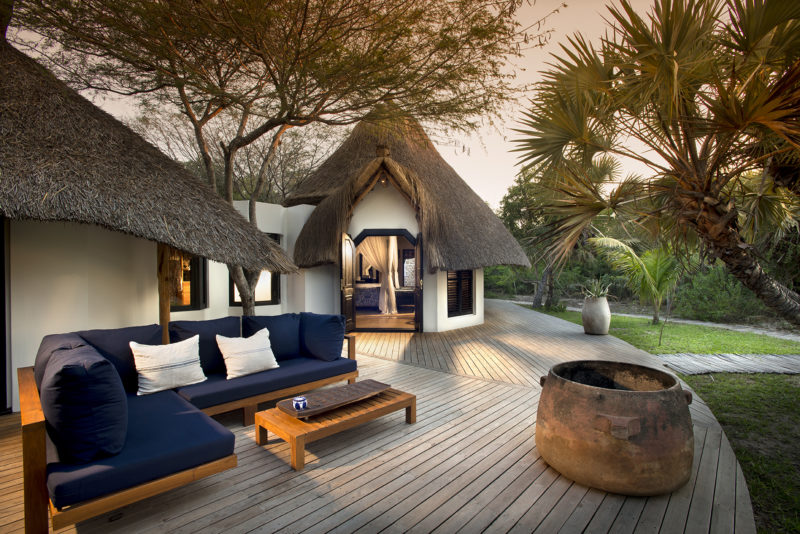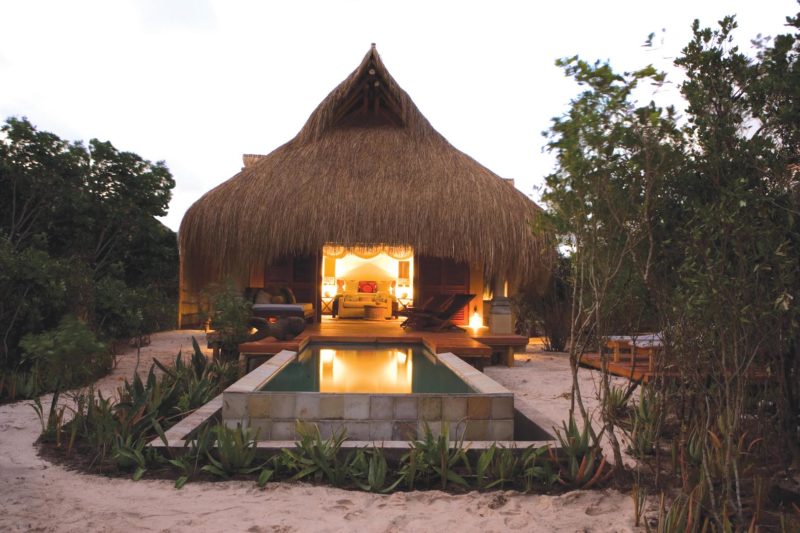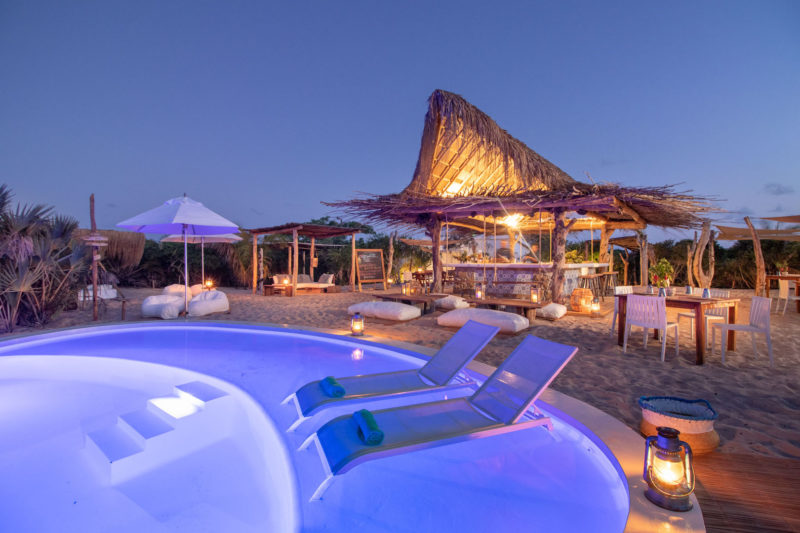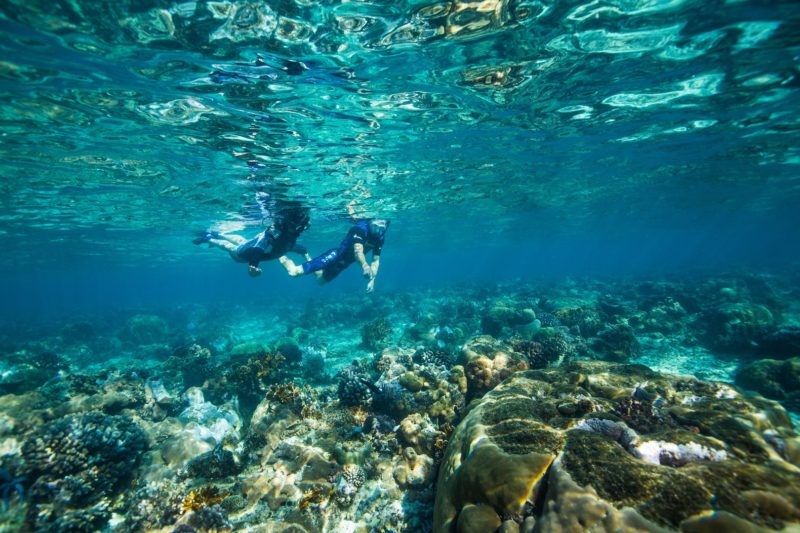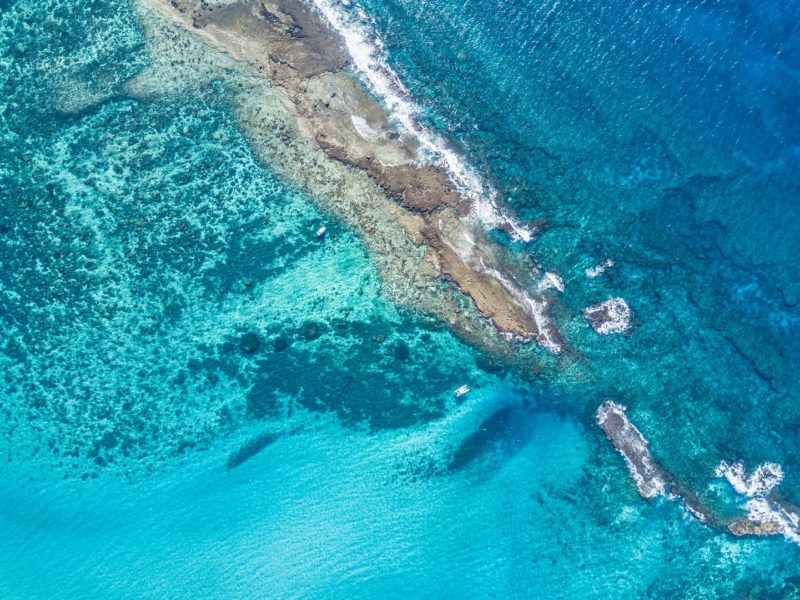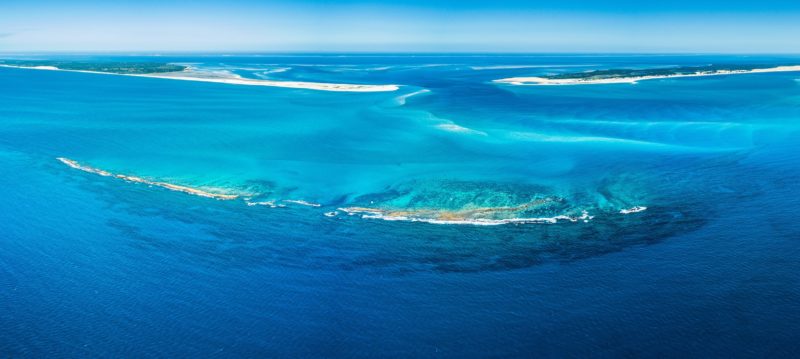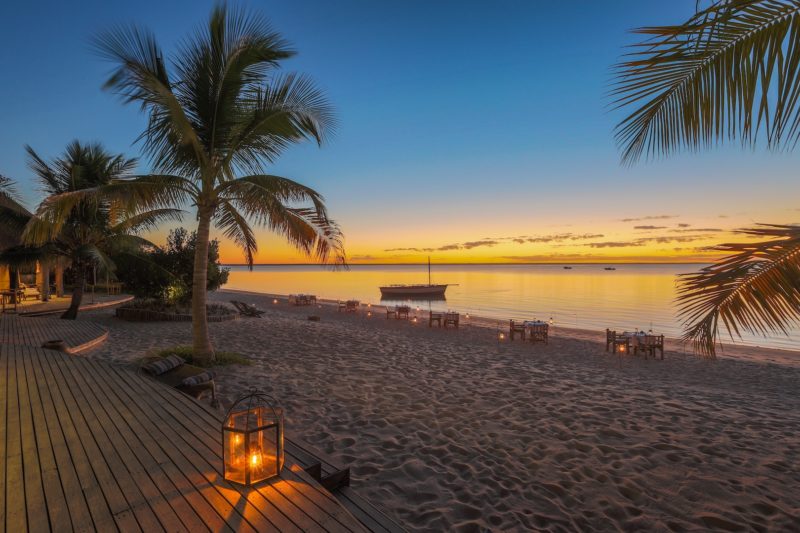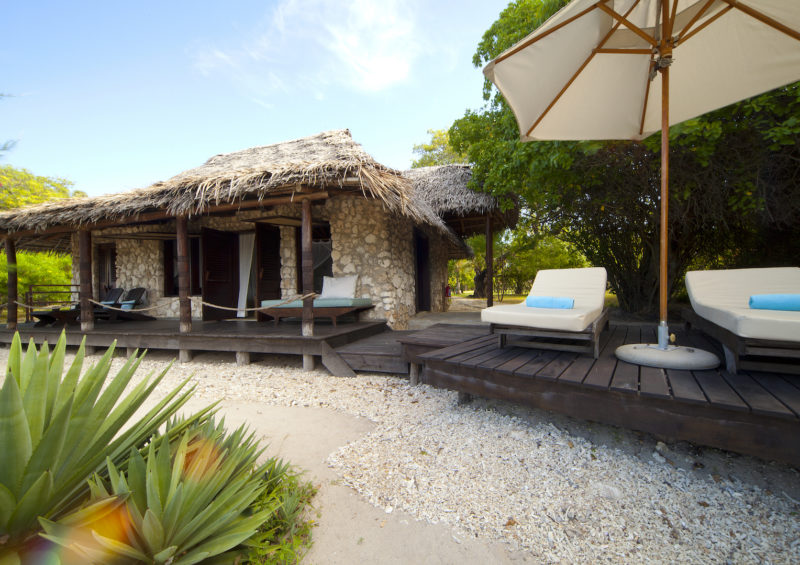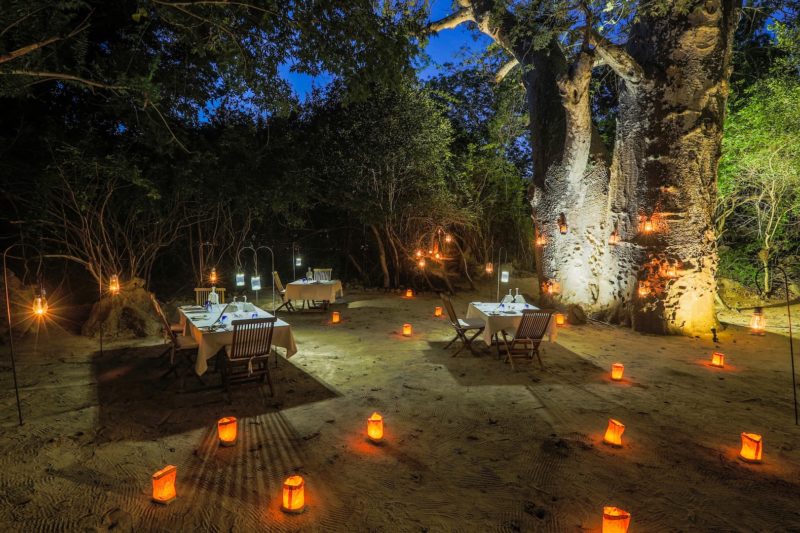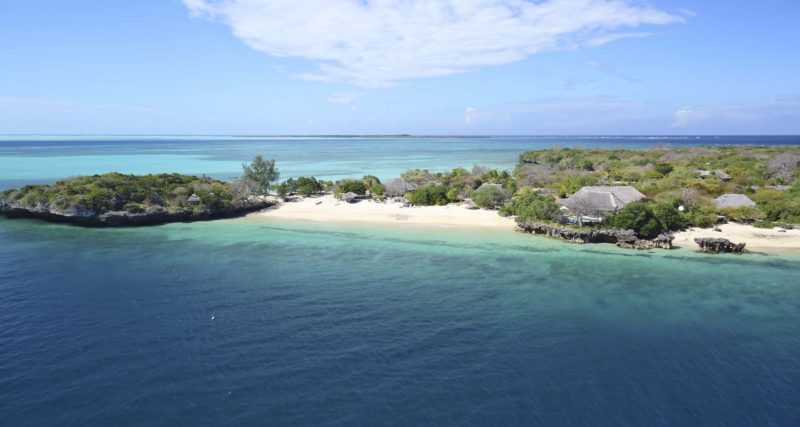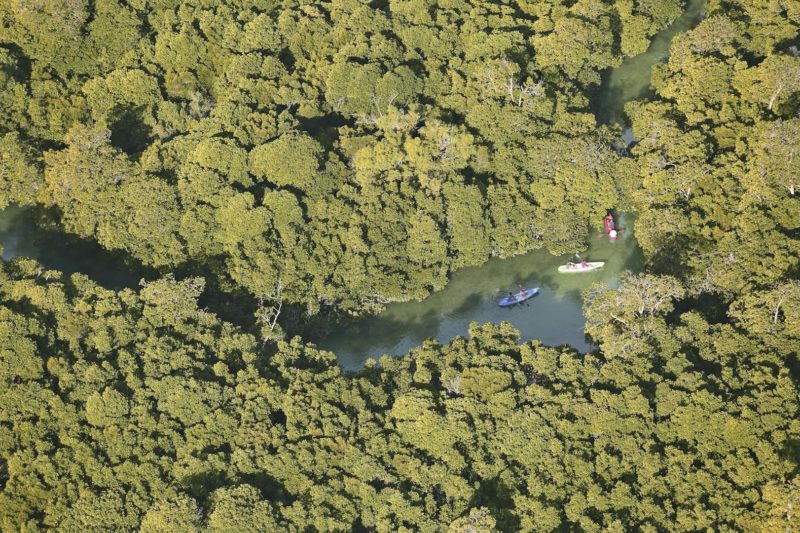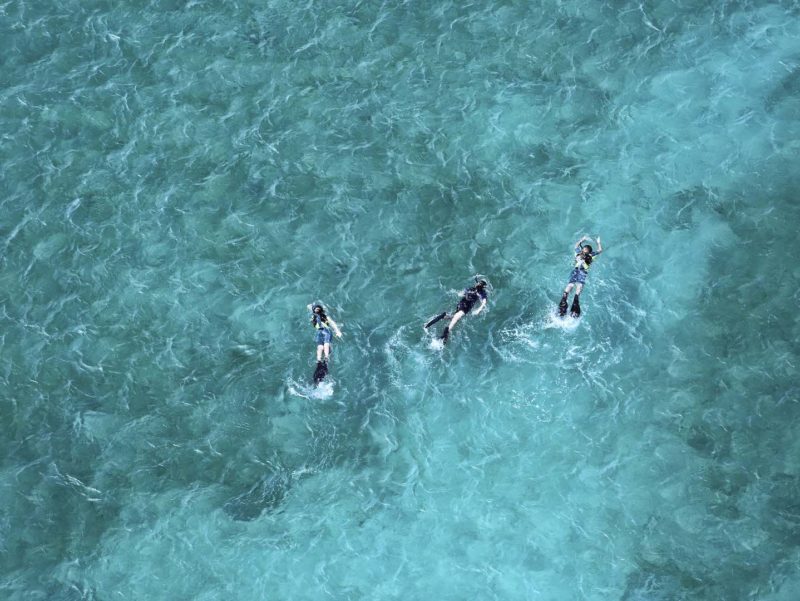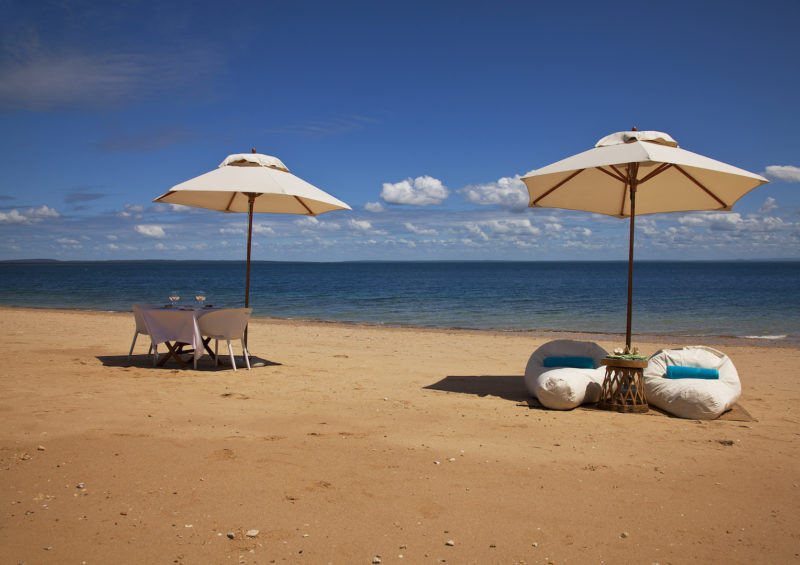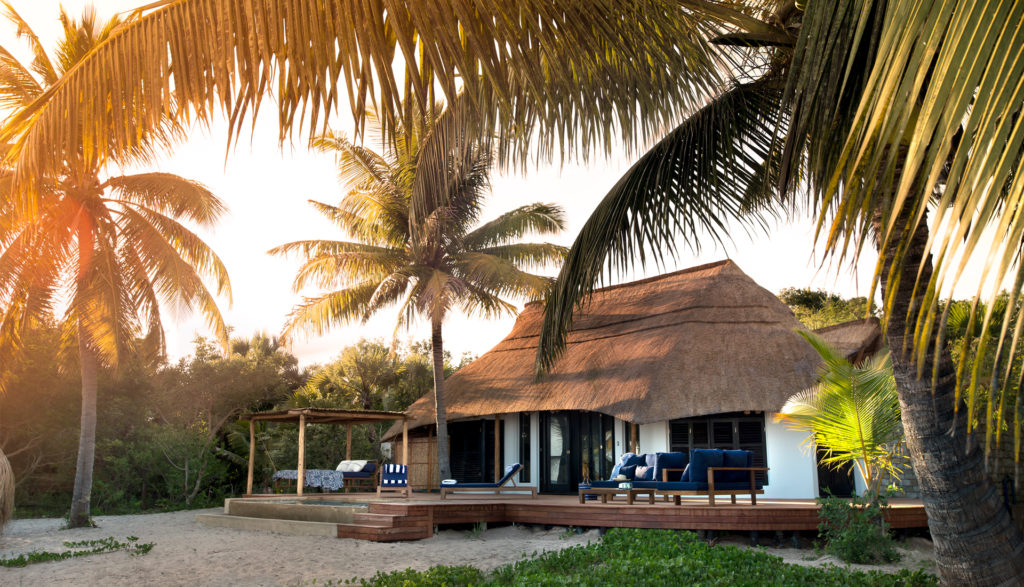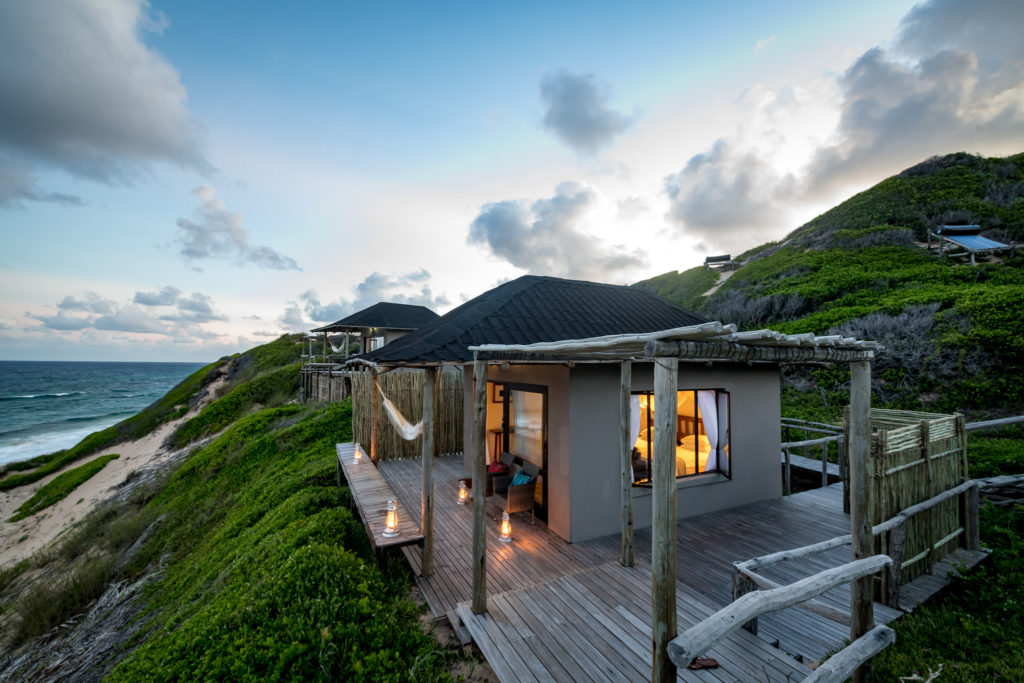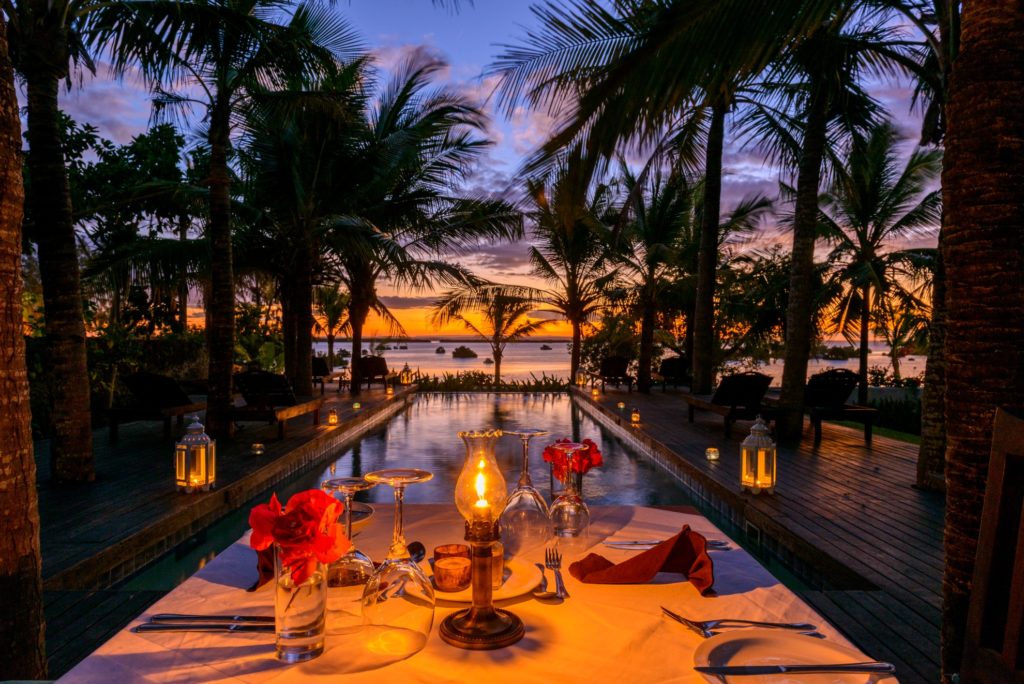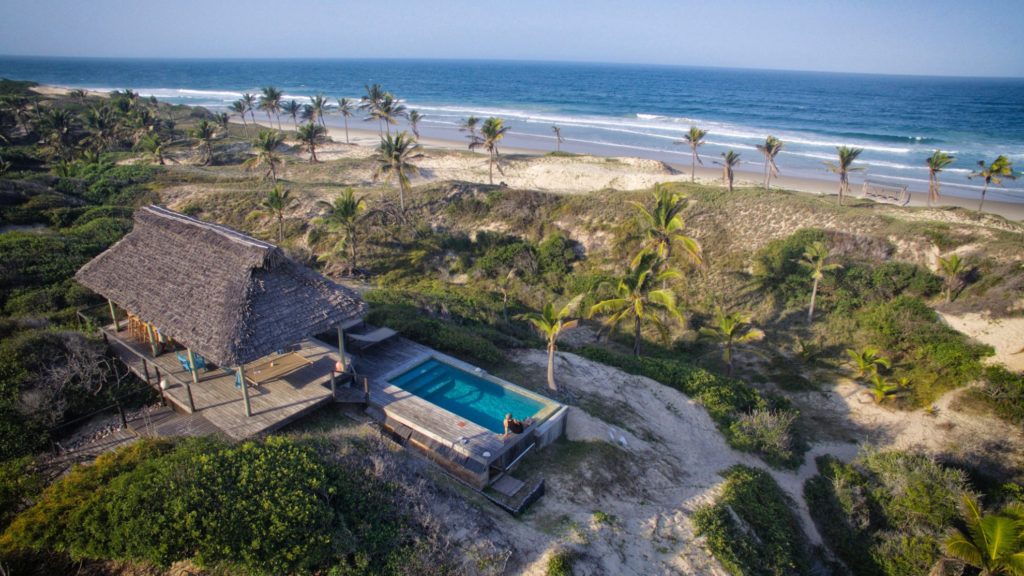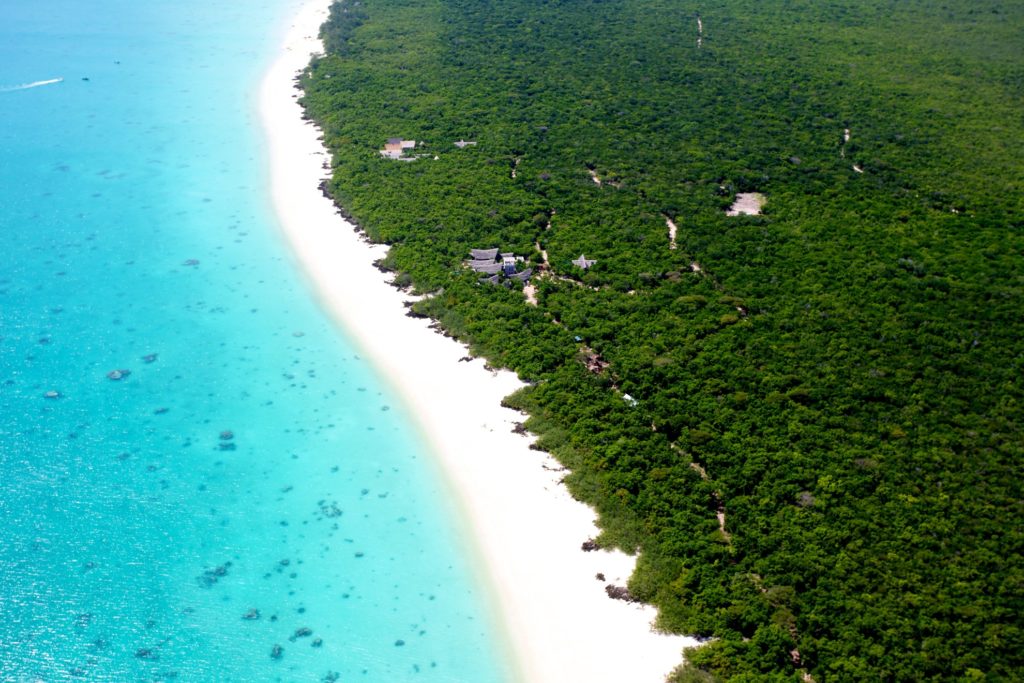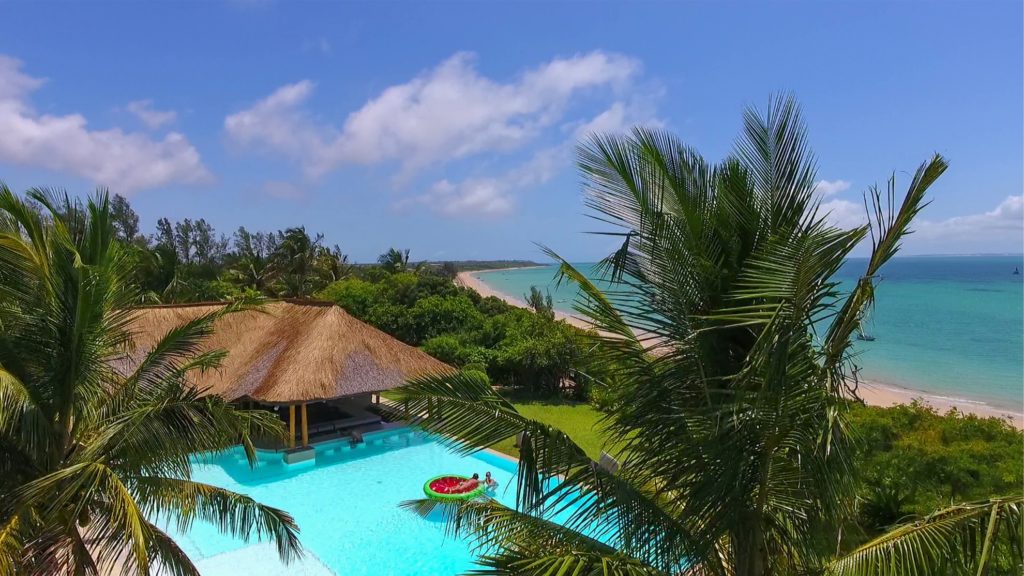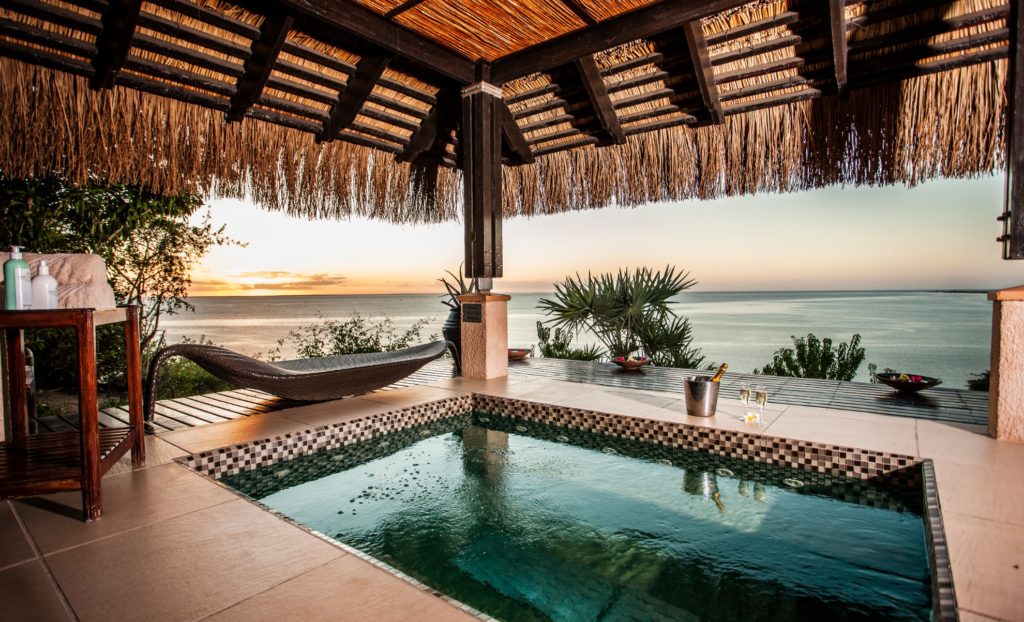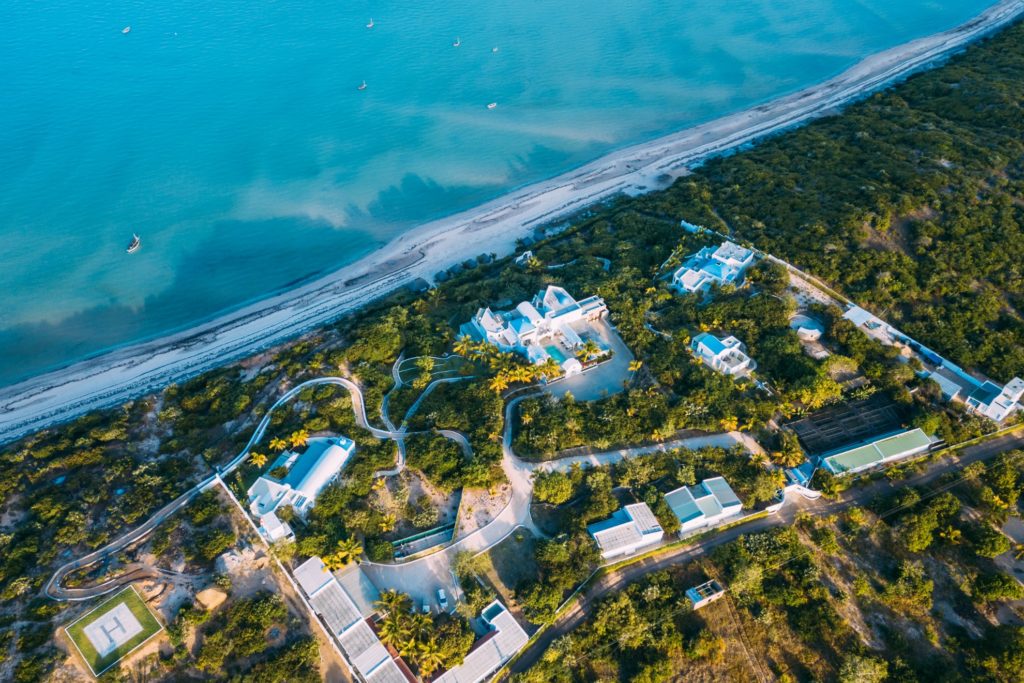Quick Facts
| Name | Republic of Mozambique |
| Population | 28 million |
| Capital | Maputo |
| Language | Portuguese |
| Currency | Metical (MZN) |
| Time Zone | CAT (UTC +2) |
| Flag |
|
Climate
Almost all of Mozambique falls within the tropics resulting in a warm, mostly tropical climate along the coast and higher temperature and rainfall in the interior. Evenings are rarely cold, except for a few nights in June and July and the rainfall isn’t too high. In summer, temperatures and humidity can soar with temperatures being typically higher in the north, around Pemba and the Zambezi. The mountainous regions generally remain cool throughout the year.
Mozambique has two seasons, a wet season from October to March and a dry season from April to September. Climatic conditions vary depending on altitude. There is an average of 590 mm (23.2 in) of precipitation annually with cyclones being common during the wet season. Average temperature ranges in Maputo are from 13-14°C (55.4-75.2°F) in July to 22-31°C (71.6-87.8°F) in February.
Culture
The culture of Mozambique is rich with the arts, cuisine, and entertainment and is derived from its history of Bantu, Swahili, and Portuguese rule. The main ethnic groups in Mozambique are Makua, Tonga, Makonde, Shangaan, Shona, Sena, and Ndau.
Local dances and rituals vary from tribe to tribe and include singing, music, and the wearing of carved wooden masks. These dances are usually intricate, highly developed traditions throughout the history of Mozambique.
Many groups believe in an all-powerful God and practice traditional animist beliefs, where the spirits of ancestors can affect the lives of the living. The Ujamaa are totem-type carvings which illustrate lifelike faces of people and various figures. These sculptures are usually referred to as “family trees” because they tell stories of many generations.
Mozambique has a mixture of religions. Around a third of Mozambicans are Christian, a quarter are Muslims, mainly in the northern regions. Other religious groups include Buddhists (mostly Mahayana and Chinese), and Hindus (virtually Indian and Pakistani) which are also important.
Gastronomy
Mozambican cuisine is rich and varied, including flavourful spicy stews eaten with rice or steamed cornmeal dough, fish is also a key part of the national diet and can be incorporated into a number of dishes, fresh, smoked or dried. Like its African neighbours, Mozambique is also blessed with a wide variety of fruits, including citrus, bananas, mangoes and coconuts.
Staples and crops include cassava, cashew nuts, and pãozinho. The use of spices and seasonings such as bay leaves, chili peppers, fresh coriander, garlic, onions, paprika, red sweet peppers, and wine were introduced by the Portuguese, as were maize, millet, potatoes, rice, sorghum, and sugarcane.
Transportation
By Bus
Buses are the cheapest mode of transport in Mozambique but regular services only operate between major towns. In rural areas, people negotiate rides and fares on passenger trucks (chapa-cems) or regular trucks (camions). You should also ensure that you have all your travel documents which are in order as the authorities conduct regular and strict checks for documentation.
By Taxi
Taxis can be found in many Mozambique cities as well as in the capital, Maputo, but are rare in rural areas. Don’t expect a comfortable ride, as vehicle maintenance here isn’t a priority. It’s best to ask around for a reliable radio-taxi firm rather than flagging down a cab on the street or getting one from a stand. Women traveling alone should avoid taxis.
By Car
If you are planning to rent a vehicle, a roadworthy 4WD is recommended. An International Driving Permit is necessary, traffic drives on the left of the road and insurance is recommended. There is a fairly extensive network of gas stations along the major routes though not in the reserves and game parks. Driving after dark outside of the cities can be dangerous as carjackings and highway robberies are common. Stray cattle and vehicles without headlamps along with poorly maintained road networks are the other hazard on country roads outside of main cities
By Plane
Domestic air services operate internal flights between the main centres of Maputo and Beira, but flight schedules are erratic and delays are common. The air service connects Maputo with Malawi, Inhambane, Beira, Quelimane, Tete, Lichinga, Nampula and Pemba. Air-taxi services are also available, and are the safest means of transport outside the main cities.
By Train
The civil war disrupted the train network in Mozambique and now many parts of the country are not connected by train services. Trains that still operate run from Beira, Tete, Nacala and go to Nampula and Lichinga. Trains from Maputo connect Goba and Ressano Garcia, these travel further down the line to the Zimbabwean border. Most of the trains that run in Mozambique have three classes, but have a very small number of sleeper, dining and air-conditioned cars. Advance bookings are recommended, particularly for the sleeper section.

